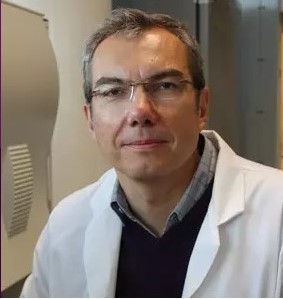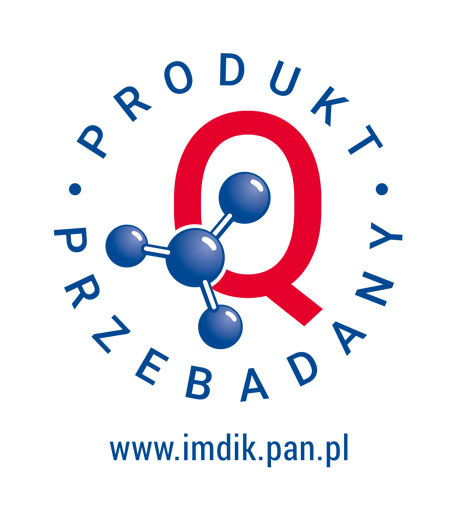
Prof. Dariusz C. Gorecki MD, PhD
Professor of Molecular MedicineFulbright AlumnusSchool of Pharmacy and Biomedical SciencesUniversity of Portsmouth, UK
"DMD gene - not just a muscle problem"
DMD, the largest human gene known, encodes dystrophins. Its mutations cause Duchenne muscular dystrophy, a debilitating and incurable neuromuscular disorder. Oddly, although dystrophin mRNA has been found outside muscles and brain, it was disregarded as “illegitimate transcription”. Contrary to this, we have recently demonstrated that DMD is a housekeeping gene expressed across all human tissues. Moreover, we uncovered a novel link between this gene and malignancy: DMD is downregulated across a spectrum of common cancers of various histological origins and the low dystrophin expression correlates with reduced patients’ survival. We currently investigate the mechanism of this increased tumour aggressiveness using gene editing, and our novel data will be presented. Studies into the role of DMD in malignancies may lead to its exploitation in monitoring progression and treatment. Furthermore, loss of DMD gene expression affects early embryogenesis, and the dystrophic pathway alterations shared between development and tumorigenesis will be discussed. Findings that the DMD gene has a role in processes as vital as development and malignancy expand the growing evidence of its significance beyond dystrophic muscles. This role must be understood if we want to find effective therapies for pathologies caused by DMD mutations. Currently pursued treatments for Duchenne MD focussed on dystrophin re-expression are fraught with problems.





